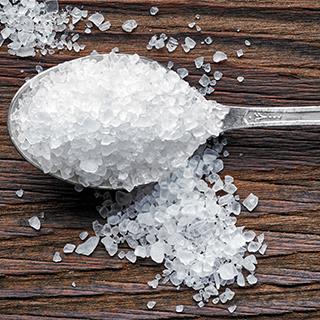
It’s unclear whether cutting back on salt should be recommended for all heart failure patients, based on a recent study linking low sodium intake to increased risk of hospitalization and death in heart failure patients.
Published in JACC: Heart Failure, this study looked at the impact of sodium intake on heart failure outcomes. Heart failure, which occurs when the heart can’t pump enough blood to the rest of the body, is a chronic condition that requires close monitoring and treatment.
For patients living with heart failure, diet plays a major role in outcomes and quality of life. Not only is it important that patients maintain a well-balanced diet, current guidelines advise that most patients with heart failure limit sodium intake to anywhere from 2,000-3,000 mg/day or less. But findings related to salt intake and heart failure outcomes have been mixed.
To learn more, researchers analyzed data from the Heart Failure Adherence and Retention Trial, which tracked heart failure patients’ diet and health over three years. A total of 833 patients participated in the study, completing health and diet questionnaires during the study period. Based on their typical diets, patients were categorized as having low sodium intake (less than 2,500 mg/day) or unrestricted sodium intake (greater than or equal to 2,500 mg/day). Researchers then used medical records to track hospitalizations and deaths.
After analysis, researchers found that patients with low sodium intake had more than 80% higher risk of hospitalization and death than those with unrestricted sodium intake. This association was most notable in patients that restricted sodium and weren’t on blood pressure-lowering drugs typically recommended for patients with heart failure.
Although authors conclude that sodium restriction may harm rather than help patients with heart failure, they also highlight the need for additional research. In general, research suggests that limiting sodium intake helps lower blood pressure and improve heart health in most adults. Since heart failure can cause patients to retain salt and water, sodium restriction has been considered even more important for patients living with this condition. However, not all evidence supports these recommendations and more research is needed on the issue.
In the meantime, it’s important that heart failure patients work closely with their health care providers to manage their condition. Studies continue to show that lifestyle choices like eating healthy and staying active can help relieve symptoms and improve outcomes in patients with heart failure. Diet remains an important part of heart failure management and patients should work with their doctors to create treatment plans that work for them.